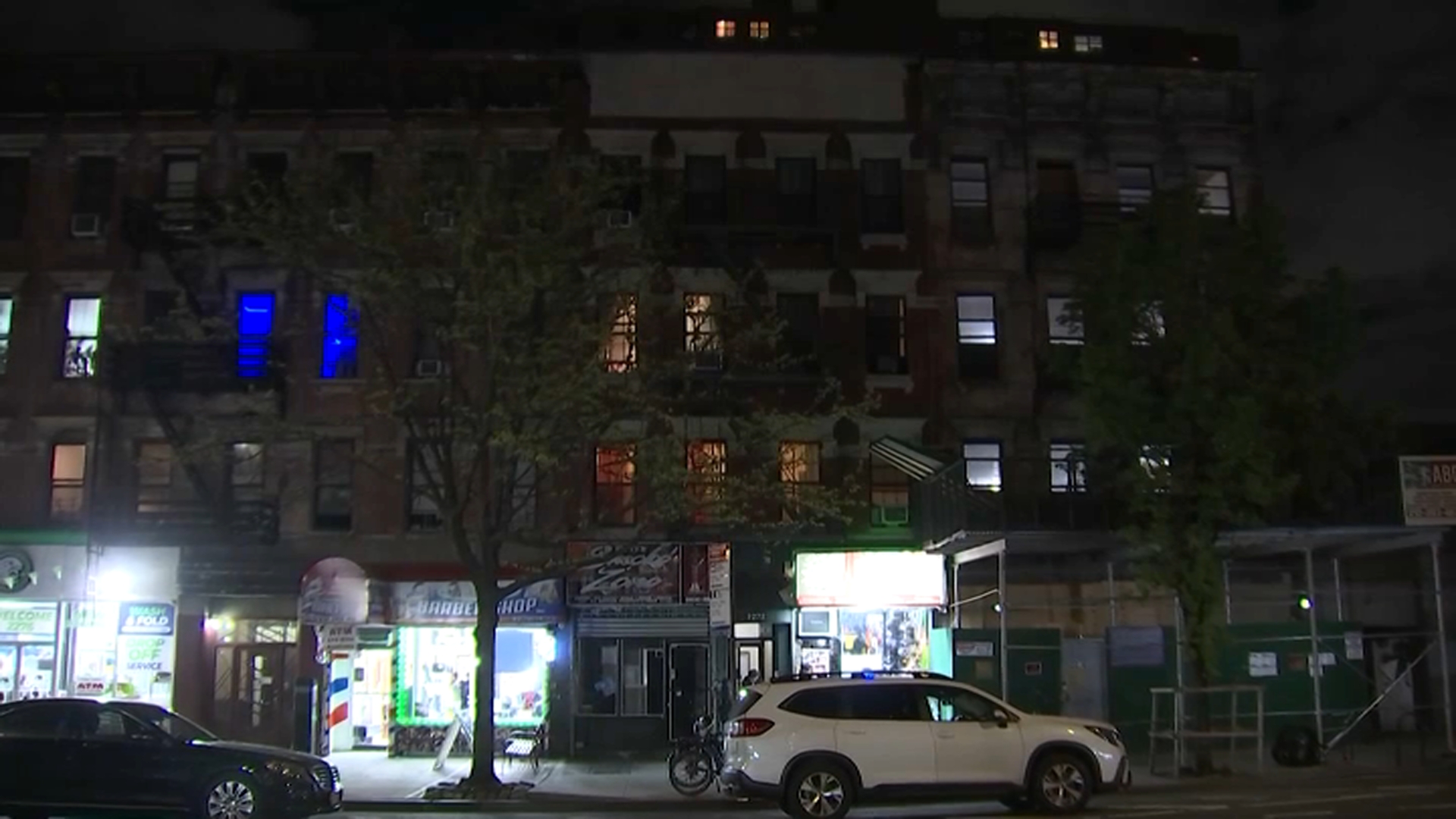What to Know
- An attorney says lawsuits filed under New York’s Child Victims Act could ravage the finances of some Catholic religious orders
- Seattle-based lawyer Michael Pfau, who targets accused pedophile priests, says there are more than 170 orders operating in New York
- Pfau is already planning to sue two religious orders -- the Franciscan Friars and the Christian Brothers -- for alleged sex abuse cases
An attorney who targets accused pedophile priests says lawsuits filed under New York’s Child Victims Act could ravage the finances of some Catholic religious orders.
According to Michael Pfau, a Seattle-based lawyer who has represented scores of clergy abuse survivors, there are more than 170 religious orders operating in New York. Many have their national or regional headquarters in the state.
"I think religious orders, for whatever reason, have flown under the radar. Especially in New York State," said Pfau.
According to data compiled at Georgetown University, almost a third of Catholic priests are non-diocesan, meaning they answer to their own superiors in religious orders.
Pfau is already planning to sue two religious orders -- the Franciscan Friars and the Christian Brothers -- for alleged sex abuse cases in Albany and the Buffalo areas.
In one of those cases, Fr. Luke Rutter, a Franciscan priest who worked at St. Francis High School in Athol Springs, New York, is accused of molesting Scott Heldwein -- a student in the 1980s who lived in the school’s freshman and sophomore dormitories.
“He would take me to dinners at nice restaurants and all that,” Heldwein said. “The abuse always happened when – I don’t know if he slipped something in my drink or whatever – but it always happened when alcohol and marijuana was involved.”
Local
Rutter died in 2000. Fr. Michael Heine, a spokesman for the Franciscan Friars, declined to say if there had been other abuse claims against Rutter.
Heine said no current official at St. Francis High School was on staff at the time of Heldwein’s alleged molestation, but once Heldwein brought his accusation forward, the Franciscans provided several years of counseling and treatment for the former student.
"The safety and well-being of young people and all vulnerable persons is a paramount goal and responsibility for all friars and collaborators of our Province,” Heine said. “Our hearts go out to all victims of abuse and we pray for their healing and peace.”
Another boarding school run by a religious order –- Albany’s LaSalle School –- is the target of another planned lawsuit made possible by the Child Victims Act. In that case, Steven Narbon, a former teenage orphan, says Rev. Joseph Romano repeatedly abused him while volunteering at the school for troubled youth run by the Christian Brothers.
“It’s a struggle for me not to kill myself,” Narbon said. “You feel worthless. You feel damaged.”
The Christian Brothers declined to answer specific questions about alleged abuse at LaSalle, but Philip Derita, a spokesman for the religious order, stressed Rev. Romano was not a member of the Christian Brothers – but rather a diocesan priest who was assigned to work with troubled youth at the school between 1981 and 1984. He said the first time the religious order became aware of allegations against Romano was when the I-Team sent an email inquiry last week.
“We are deeply concerned with any misconduct that could involve one of our sponsored ministries – no matter the circumstances or how long ago the abuse may have taken place,” DeRita said.
Mary DeTurris Poust, a spokeswoman for the Albany Diocese, said Rev. Romano was “permanently removed from ministry in 2003 by Bishop Howard J. Hubbard, following two credible allegations of sexual abuse received in 2002 and 2003.” Both of those allegations stemmed from conduct alleged to have occurred in the 1970s and 1980s –- around the same time Narbon attended LaSalle.
DeTurris Poust declined to address Narbon’s abuse accusation, citing his plans to file a lawsuit. She also declined to say where Rev. Romano currently lives - or whether he is still alive. A 2003 press release issued by the Albany Diocese said Romano strongly denied the abuse allegations at the time of the suspension.
In 2011, the North American branch of the Christian Brothers filed for bankruptcy protection after a series of multimillion-dollar abuse cases in the Seattle area. Many of those claims were filed by Pfau. He says it is likely that lawsuits filed under New York’s Child Victims Act could push other orders into bankruptcy, too.
“Some of the religious orders are small and they may not have the assets to fully fund the settlements,” said Pfau. “Also, bankruptcy in the Catholic context is often a strategy used by a diocese or religious order to stop bleeding and more importantly to stop the flow of information.”
But Pfau believes religious order bankruptcies ultimately do little to protect Catholic assets from lawsuits. That’s because religious orders often work in close collaboration with local dioceses, making joint decisions in clergy assignments. That means victims of religious order clergy can generally seek compensation from the diocese as well.
“Every religious order in New York State falls under the supervision or the purview of one of the Catholic dioceses in New York State,” Pfau said. “The dioceses are always involved on some level and sometimes very, very involved.”



